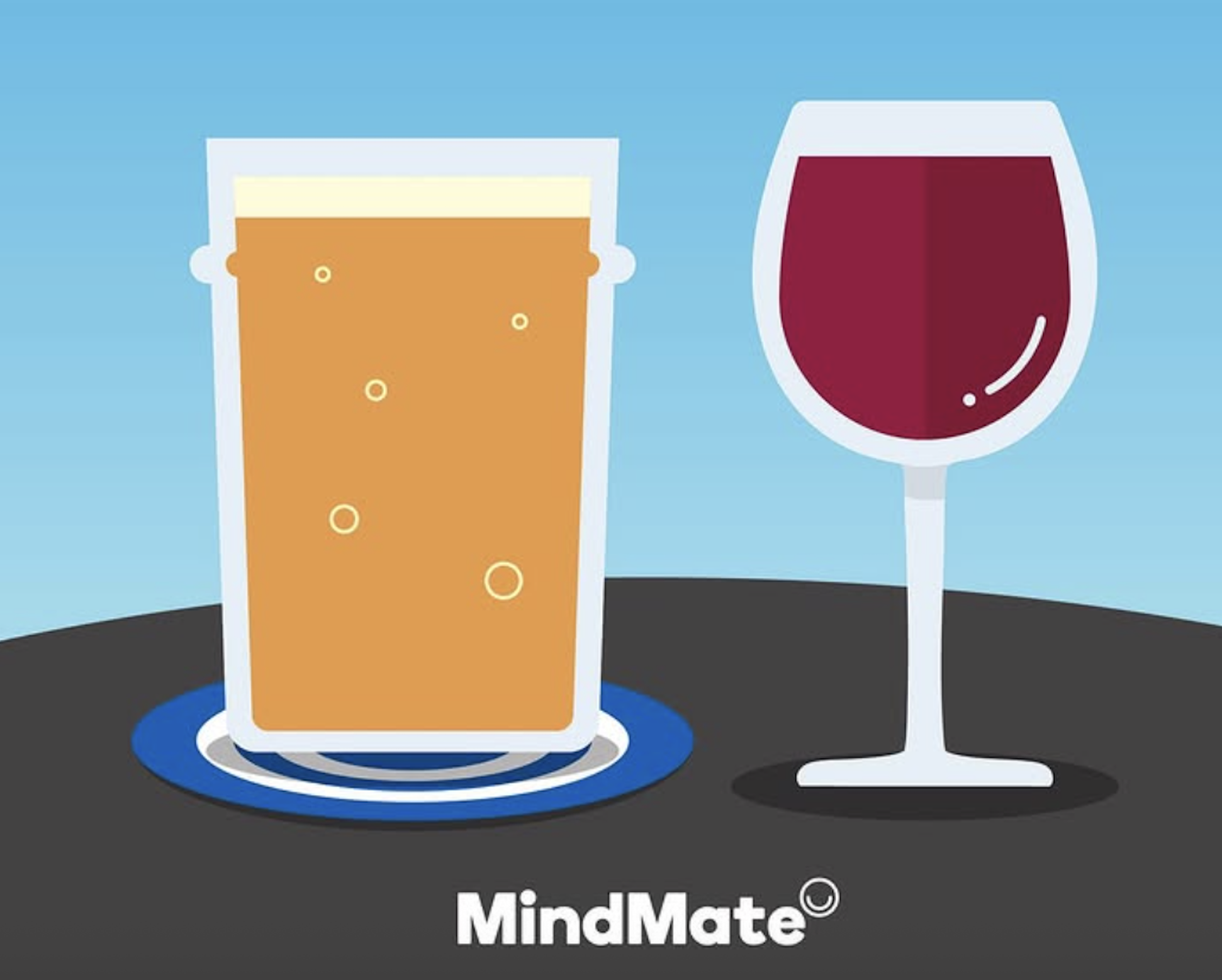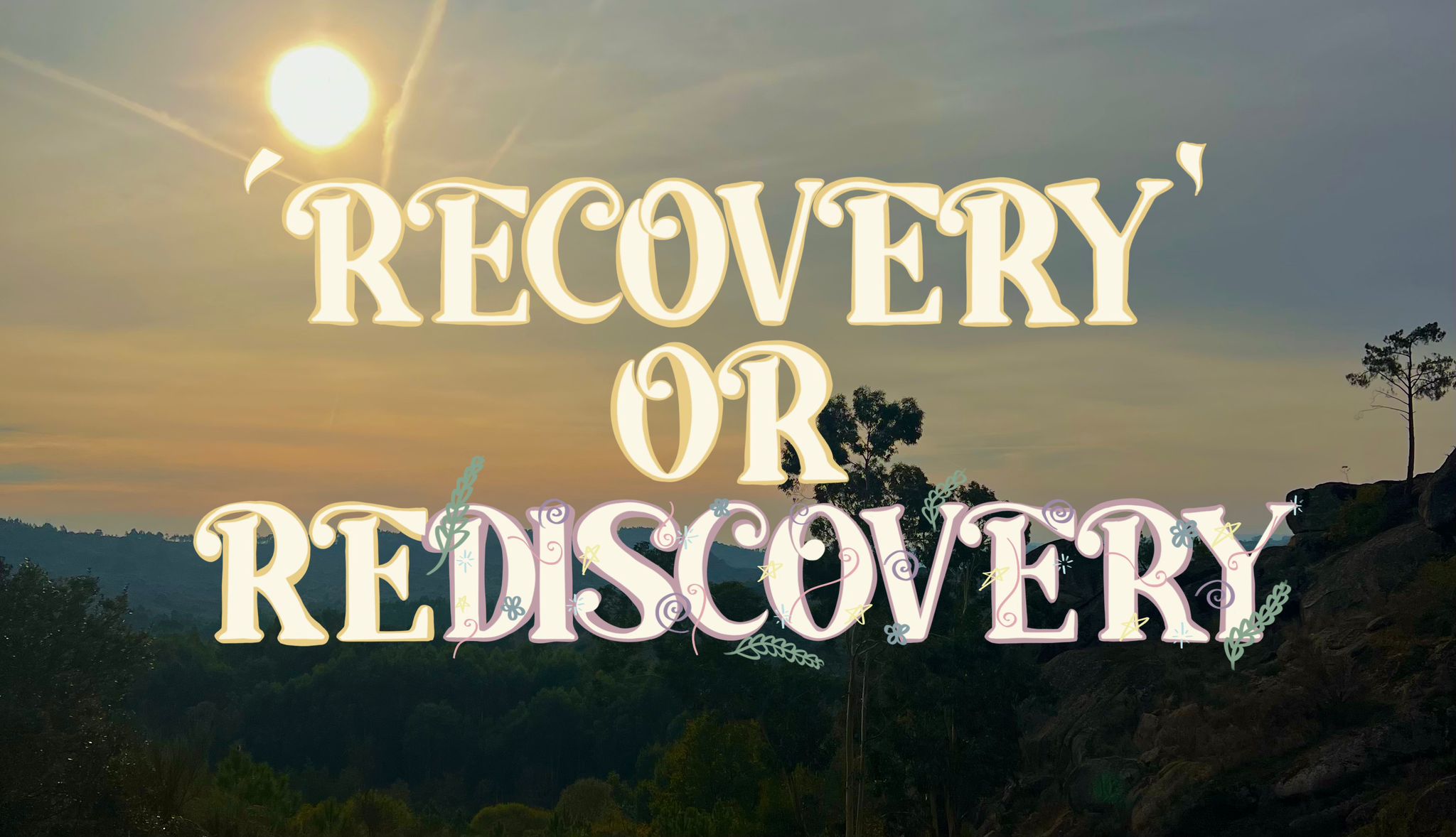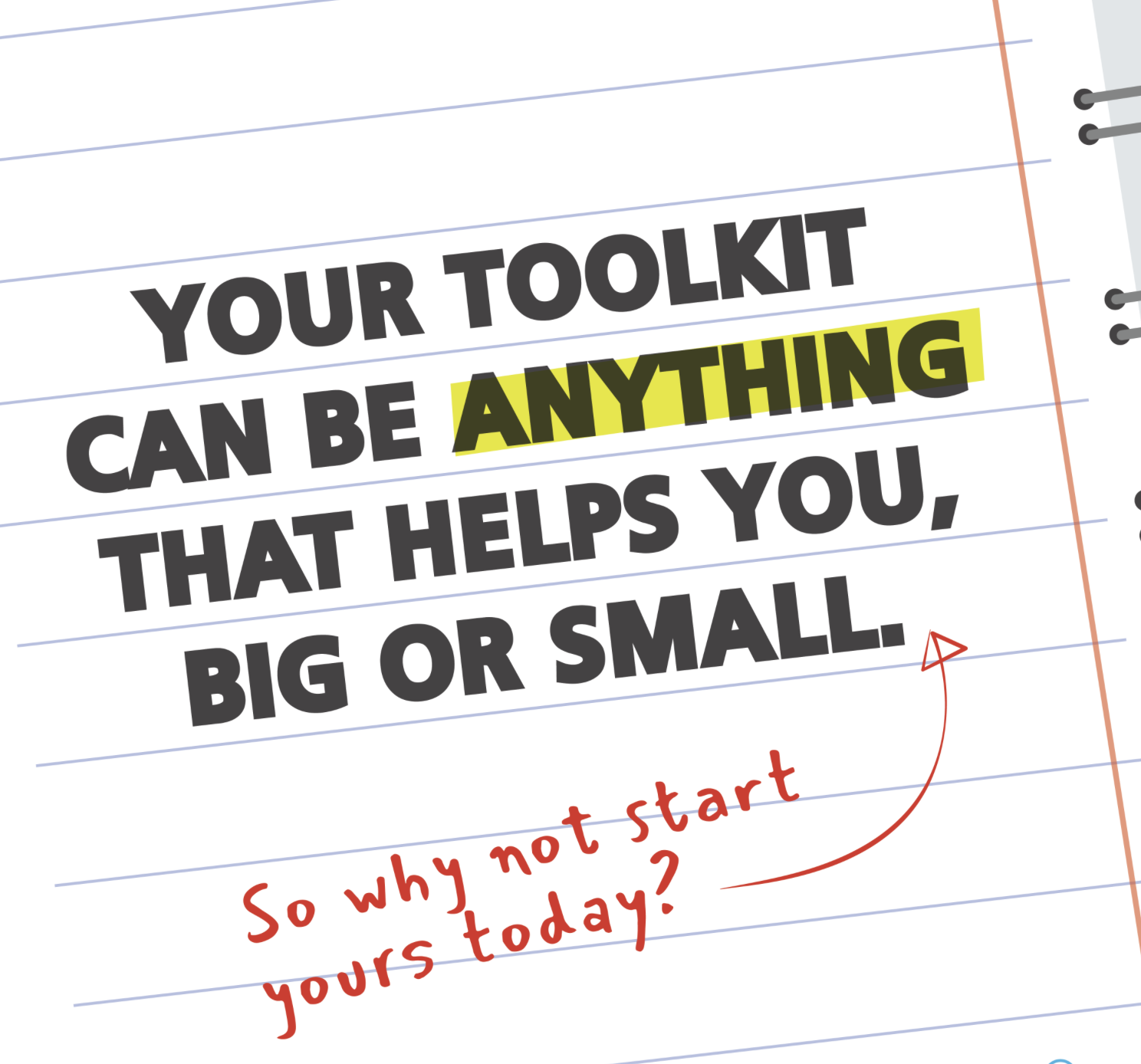Talking about alcohol
In this blog, Kaiden shares his personal experiences with alcohol addiction and sobriety. He asked some of the other MindMate ambassadors to share their views on alcohol and what their relationships with drinking are like to show the contrast in how people view alcohol and to raise awareness on the addiction.
Why do you drink?
K: I have been in recovery from alcohol for over 2 years. My experience with alcohol has always been a messy one from the moment I had my first drink. I was never able to handle it or be in control of my drink but yet I still wanted more and to carry on that feeling or that “buzz”. I started to heavily drink alcohol because it got me through a time of my life where I didn’t know what else to do because everything else felt hopeless. Alcohol was my only “friend”. It was a kind of shield that helped me survive a part of my life that I’m thankful to still be here.
E: I rarely drink. I am not the biggest fan of alcohol. The taste, the smell. The way it makes me feel, the way I feel like I am not in control- it just isn’t for me. When I occasionally have the odd drink, it is mainly for social reasons, to almost “fit in” and feel like a “normal” young adult. I feel like there is such a stereotype and such a pressure nowadays to have a drink and enjoy going out for drinks at my age.
H: I think people normally start drinking alcohol from the ages of 16-18, with friends as a fun social thing. However, I never really entered that typical ‘drinking scene’. Because of this I’ve been able to discover for myself whether I enjoy drinking alcohol or not – and I’ve learnt that I actually don’t like it! For me, I’m not a big fan of the taste and I also find I get very sleepy, then sad because I can’t sleep, then I end up just being sad! Throughout my mental health difficulties I’ve been able to learn a lot about my brain and I’ve found I do have very addictive tendencies (classic ADHD) so because of this, I try to stay away from drinking as much as possible because I know how quickly my brain can manipulate things into addictions. That being said, I do enjoy sharing the occasional bottle of wine with some friends whilst watching trashy TV and chatting away.
M: Navigating alcohol consumption is a really personal journey, shaped by individual experiences and choices. For some, like my family members who’ve struggled with addiction, alcohol can be a source of significant challenges, highlighting the darker side of its appeal.

Does this cause any issues?
K: There’s a saying that only really hit me until earlier this year ago “alcohol is only your friend for a long as it doesn’t kill you”. I got told if I didn’t stop drinking, it wouldn’t have been long until that saying came true. I am now 4 months sober and I couldn’t be feeling happier and healthier with myself.
E: The issues surrounding this are that I feel like I will not be included or invited to social events due to me rarely drinking. When I do drink, I don’t feel like I am my normal self, which I am not a fan of.
H: The main issue that typically arises when somebody stays sober is the lack of social connection – however I haven’t found this to affect me. When seeing people, if they’re drinking I’m pretty happy just to be around them and I find I’m still able to have just as much of a nice time with a glass of Pepsi Max in my hand! If I am invited to social events where there will be a lot of drinking and I know I’m not going to enjoy it, I would rather just not go and maybe arrange a different time to see people instead.
M: Personally, I’ve seen how easily it can disrupt lives and relationships. That’s why, when my friends are drinking, I often choose to stay sober.
What is your relationship with alcohol?
K: I never really understood why I wanted to chase that ‘buzz’ feeling until as of lately. But stopping drinking was the best thing I could have done for myself and my family. It’s important to always drink in moderation and always remember to eat before drinking any alcohol. Drinking on an empty stomach can lead to becoming unwell and blacking out. (Trust me it’s not worth it)
E: My head feels funny, and I just don’t like the feeling or sensation of being drunk. I would consider my relationship with alcohol to be healthy. I know when I have had enough to drink, and I respect others who choose to drink.
H: Overall, I’m glad to say that I think I have a very healthy relationship with alcohol in the fact that I don’t drink that often and on the rare occasions that I do – it’s in moderation and because I genuinely fancy the idea of it. Now, there have been a small amount of times when I have drank and I have lost control and I hate that feeling. I have a brain that very much craves that feeling of control so when that’s lost, I end up spiraling a bit and overall, it’s not an enjoyable time. If I do find myself wanting to get drunk, it’s because I am struggling with my mental health rather than wanting to do it for enjoyment. Because of this, it means I’m able to take a moment to reflect on the difficult emotions I’m facing and how to cope in a better way other than avoidance.
M: My relationship with alcohol is defined by this awareness; I recognise its potential for harm and prefer to keep a safe distance. Understanding why people drink – whether it’s for social reasons, stress relief, or something else – is key to having open and honest conversations about its impact, and it’s something I think about a lot as a young person.
A note from Kaiden – when drinking please be around people you trust and make sure you are in a safe location that you know 😊
More on alcohol and substance use from MindMate

